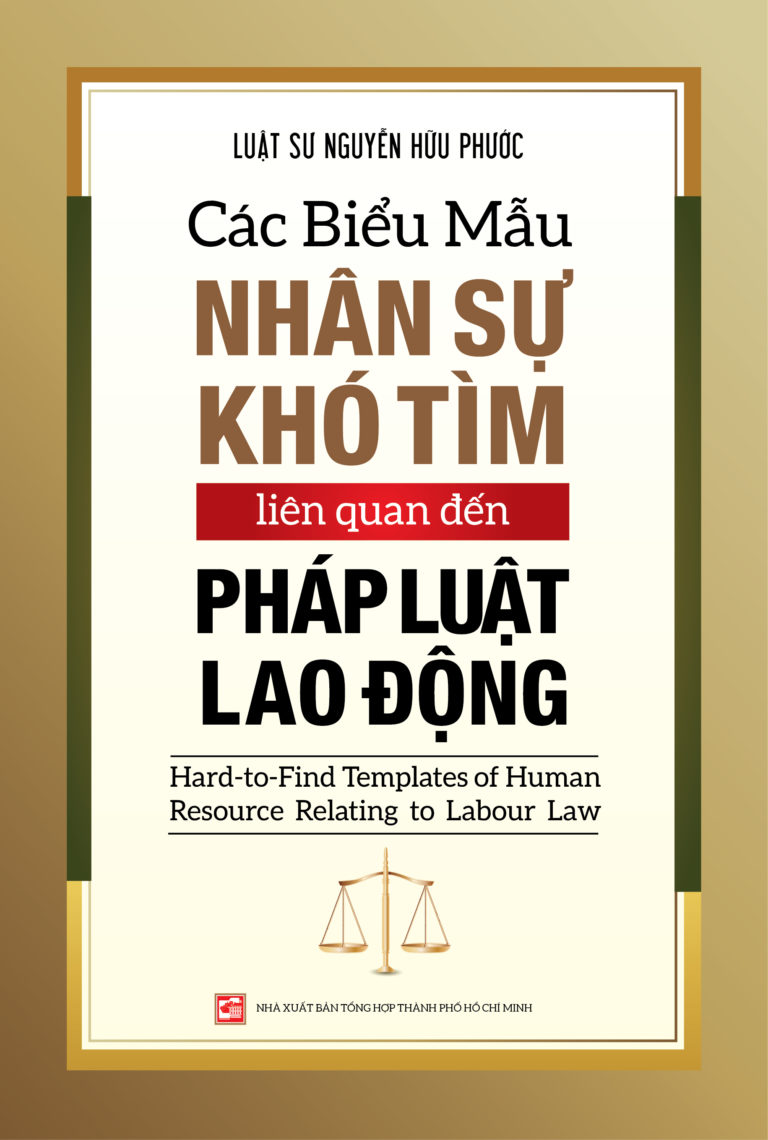Sanction Of Damage Compensation
- What is the sanction of damage compensation?
Sanction of damage compensation is one of the methods of civil rights protection[1], particularly, when the civil rights of an individual or an organisation are violated, that individual or organisation has the right to defend itself or to request the competent agencies to impose sanctions on such individual or organisations having act of violation, including the sanction of damage compensation.
The sanction of damage compensation has civil characteristics aimed at forcing the party causing damage to remedy the consequences by compensating for material and mental losses to the aggrieved party despite such act violating criminal code of civil code and is usually written in a civil judgment or a civil decision or criminal sentence.
- Some civil violations may be subject to the sanction of damage compensation
When an individual or organisation is violated a number of civil rights such as rights of an individual with respect to his/her image[2]; rights to honour, dignity, and prestige protection[3]; ownership rights and other property-related rights[4] or is violated measures to secure the performance of obligations or obligations in some common contracts such as property sale contracts, property loan contracts, property lease contracts, service contracts[5], etc, and is suffered damages that individual or organisation can self-request or request the Court to force the violating individual or organisation to be imposed the sanction of damage compensation.
Sanction of damage compensation can also be applied when there are grounds giving rise to liability for non-contractual damage compensation in some common cases[6] such as:
- Exceeding the limit of legitimate self-defence[7];
- Exceeding the requirements of the emergent situation[8];
- People who drink alcohol or use stimulants cause damage to others[9];
- Sources of extreme danger such as motorised means of transport, power transmission systems, operating industrial plants, weapons, explosives, inflammable substances, toxic substances, radioactive substances, dangerous animals,…cause damage[10];
- Livestock causing damage to others[11];
- Trees causing damage[12];
- Houses, other construction works causing damage[13]…
- Significance of sanction of damage compensation
In a contractual relationship, for the aggrieved party, the sanction of damage compensation helps restore material interests, compensate for the losses suffered by the aggrieved party, or the benefits that the aggrieved party would have been entitled to if there had been no breach. For the violating party, the sanction of damage compensation is punitive but still ensures the legitimate interests of the violating party, which is reflected in the provisions on liability exemption, the regulation on the burden of proof, and the loss limitation of the aggrieved party.
Thus, the application of the sanction of damage compensation is to ensure maximum benefits for the parties and to educate, raise the awareness of law compliance, and respect the legitimate rights and interests of others.
Above is an overview of the sanction of damage compensation. If you have trouble with legal issues regarding the sanction of damage compensation, please contact us: Phuoc & Partners is a professional consulting firm established in Vietnam and currently has nearly 100 members working in three offices in Ho Chi Minh City, Hanoi and Danang. Phuoc & Partners is also rated as one of the leading consulting firms specializing in business law in Vietnam that has leading practice areas in the legal market such as Labour and Employment, Taxation, Merger and acquisition, Litigation. We are confident in providing customers with optimal and effective service.
[1] Article 11.5, Article 13 of the Civil Code 2015.
[2] Article 32 of the Civil Code 2015.
[3] Article 34 of the Civil Code 2015.
[4] Article 164, Article 170 of the Civil Code 2015.
[5] Reference to Chapter XVI of the Civil Code 2015.
[6] Reference to Chapter XX of the Civil Code 2015.
[7] Article 594 of the Civil Code 2015.
[8] Article 595 of the Civil Code 2015.
[9] Article 596 of the Civil Code 2015.
[10] Article 601 of the Civil Code 2015.
[11] Article 603 of the Civil Code 2015.
[12] Article 604 of the Civil Code 2015.
[13] Article 605 of the Civil Code 2015.











